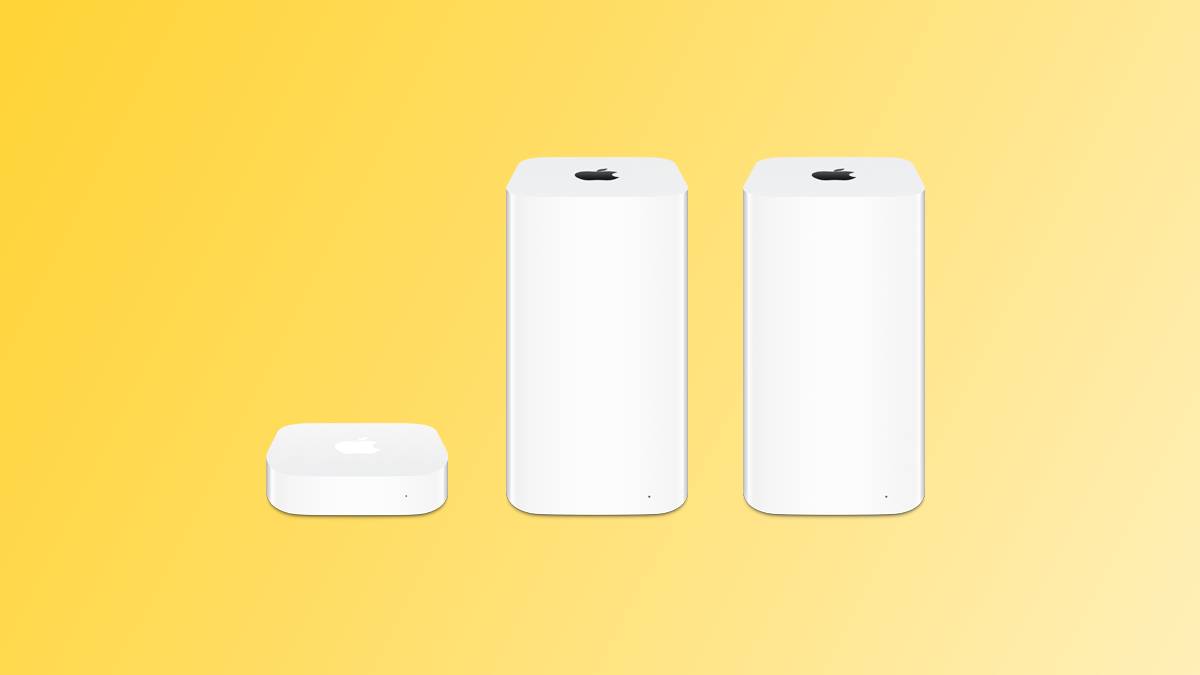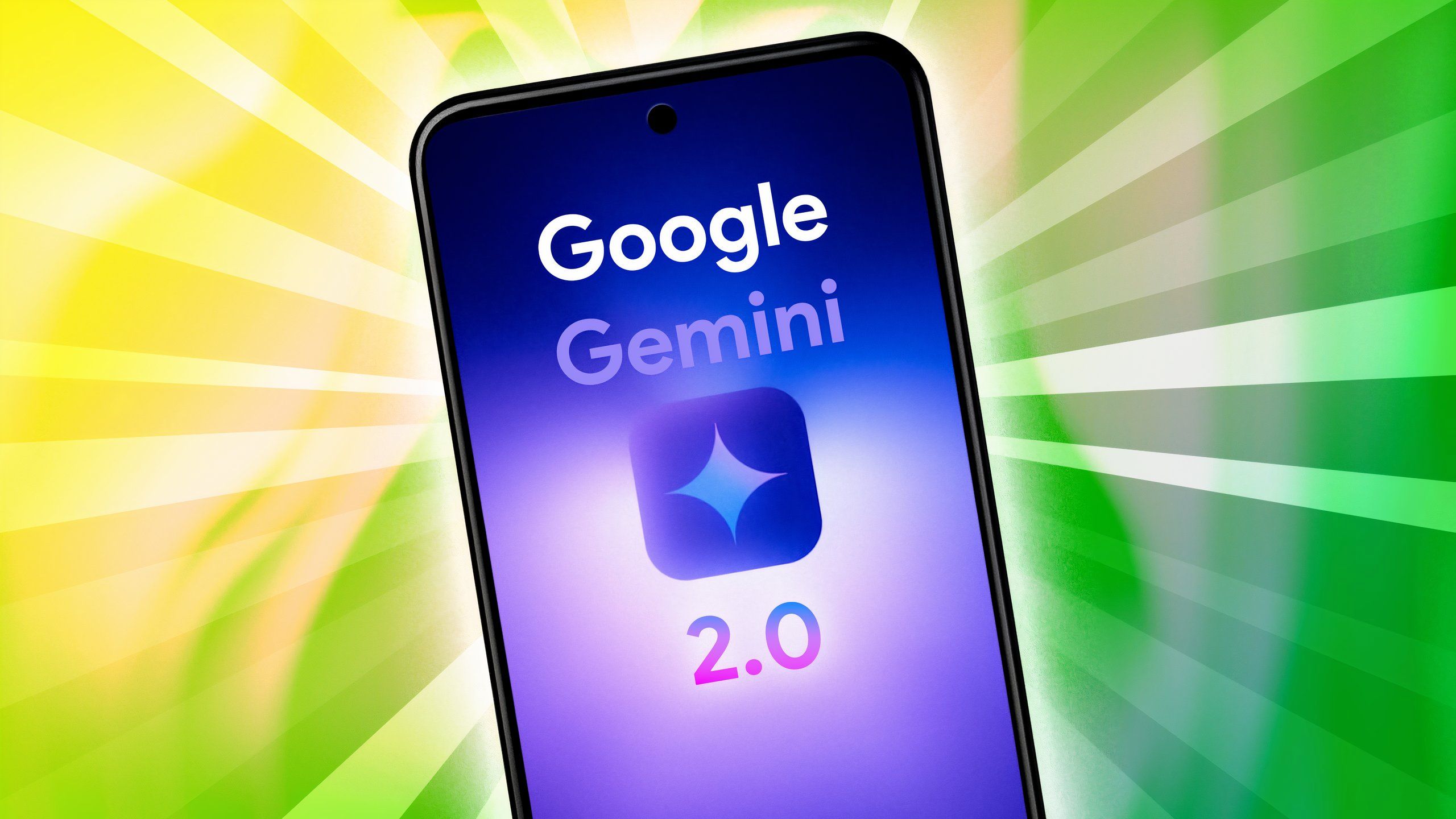Huawei’s new NAS solution wants to tackle the biggest challenges in GenAI
[[{“value”:”
When it comes to data storage, it’s fair to say AI has had a destabilizing effect on the industry as a whole, as businesses looking to develop and deploy the technology are faced with unfathomably large amounts of data and a dizzy number of files.
It’s a problem Huawei is looking to solve with its high-performance OceanStor A800 network storage attached (NAS) device, first revealed in 2023, and this week getting a European outing at the company’s Innovative Data Infrastructure (IDI) Forum 2024 in Berlin.
Like Huawei’s Dorado and Pacific NAS devices, the focus here is on AI data storage. Huawei calls it the “new data paradigm,” and an “accelerated data awakening.” Building, processing generative AI training models from scratch, maintaining that all-important data sovereignty, ensuring system reliability, it all demands a bafflingly large amount of space and speed. That’s a big problem for big businesses – and that’s where this uncompromising black box fits into the array.
(Image credit: Huawei / Future)
Speed, space, and ‘awakening data’
The OceanStor A800 fits into an admittedly niche enterprise market. We’re not talking storage for the masses here, however nice 500GB a second bandwidth would be. According to Huawei, the A800 is capable of 24 million IOPS per controller enclosure, delivering ten-times the performance of existing storage, ten-times the data mobility. The storage also supports bandwidth in PB/s and 100 million IOPS, and boasts data reliability of 99.9999%.
(Image credit: Huawei / Future)
At IDI 2024, the company stated the A800 “can increase AI cluster utilization by 30%, and delivers high bandwidth and IOPS, which are four and eight times better than its peer vendor. [The device] supports scaling out to EB-level capacity with up to 512 controllers, as well as scaling up to a maximum of 4,096 computing cards.”
But it’s not all impressively big numbers and high speeds. Alongside NAS, popular in the world of genAI, the company is also supporting what it calls the “new data paradigms” – tensor, Vector, retrieval-augmented generation to help prevent AI hallucinations. With an eye toward sustainability, energy efficiency being an even greater issue faced by those working with AI data storage, the A800 clocks in at 0.7watt/TB and a storage density of 1PB/U.
The OceanStor A800 wasn’t the only storage solution making an appearance at IDI, with Huawei also revealing a svelte internal128TB SSD set for release sometime next year. This drive will, Huawei said, “consume 88% less storage space and 92% less energy than the peer vendor’s SSDs when storing every one PB of data.” With the rise of content creation, gaming, and office digitalization, that’s one product we wouldn’t mind seeing come to the consumer and small-business market.
More from TechRadar Pro
We compared the best NAS hard drives Huawei has a game-changing 10 Petabyte storage product — OceanStor Arctic uses exciting new technology that can beat tape AND hard drives Huawei may have used a very clever trick to make hard disks use less power — spin-on-demand disk drives may well compete with tape on performance, but at what cost?
“}]]




